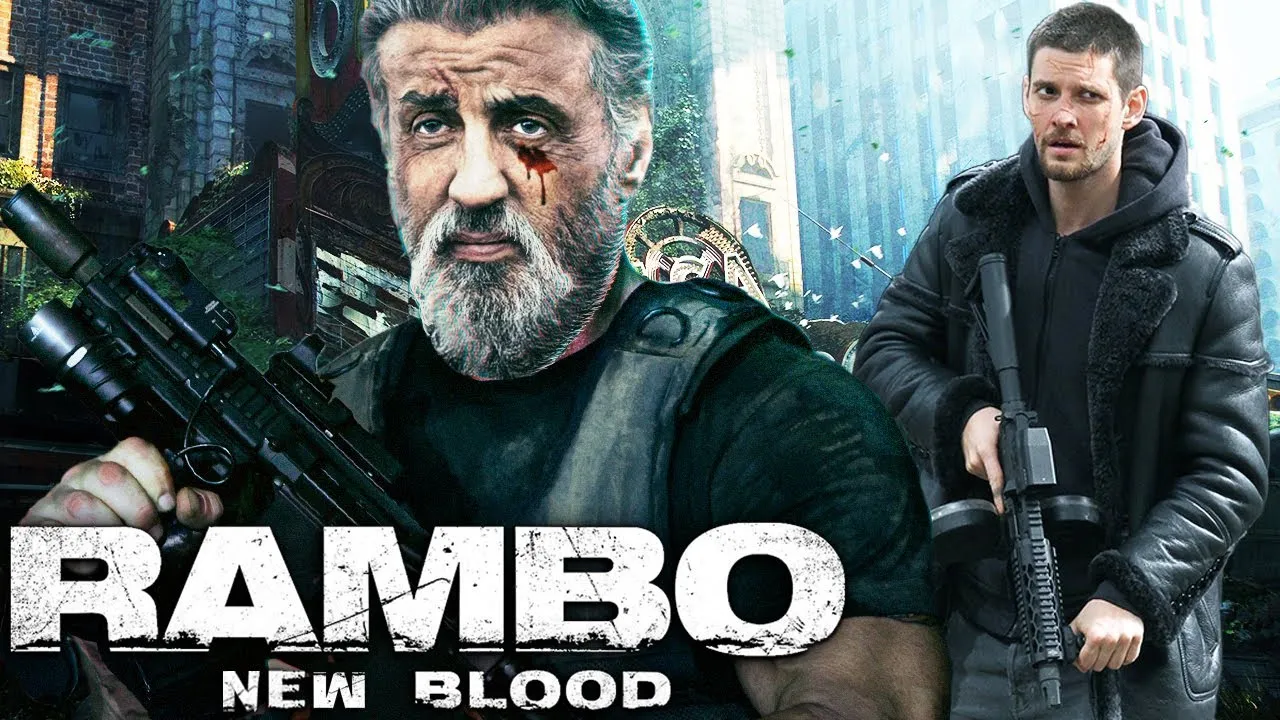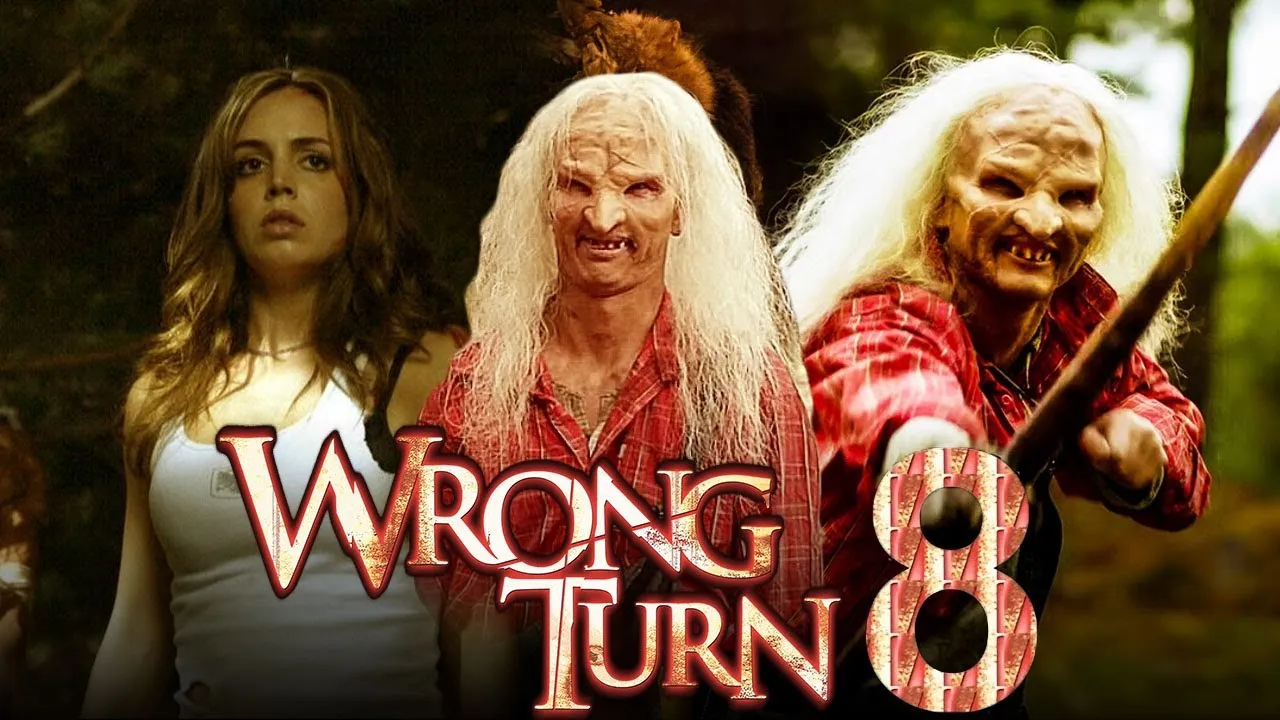In a cinematic landscape oversaturated with apocalyptic blockbusters and flashy sci-fi epics, The Bunker (2024) offers a refreshingly grounded take on the end of the world — one that’s more psychological than explosive, more suffocating than spectacular. Directed by up-and-comer Lila Grayson and starring Noah Jupe, Viola Davis, and Riz Ahmed, The Bunker is a gripping, slow-burn thriller that traps its audience in a confined space — and in the increasingly fractured minds of its characters.
Set in the near future after an unnamed global catastrophe renders the surface uninhabitable, The Bunker follows a small group of survivors sealed inside an underground military facility. Supplies are limited. Communication with the outside world is cut. What begins as a tense survival drama quickly spirals into paranoia, betrayal, and existential dread.
From the first scene, Grayson sets an oppressive tone. The bunker itself is a masterpiece of production design: dim corridors, flickering lights, heavy steel doors that creak with weight. There’s a brutal realism to the setting — it feels less like a movie set and more like a place you could actually end up if the world turned upside down. The narrow framing and frequent use of handheld shots give the film a documentary-like intimacy, as though we’re spying on a group slowly unraveling.
Noah Jupe delivers a career-defining performance as Sam, a teenage tech assistant who gradually emerges as the emotional center of the film. His character arc — from timid observer to reluctant leader — is subtly rendered, and Jupe brings a raw vulnerability that never slips into cliché.
Riz Ahmed plays Dr. Khalid, the group’s designated medical officer, who becomes increasingly suspicious that the air outside may not be toxic after all. His descent into obsession is both tragic and terrifying. Meanwhile, Viola Davis commands the screen as Commander Ellis, a pragmatic, no-nonsense military veteran who tries to hold the group together as fractures appear. Davis’s performance is as magnetic as it is heartbreaking.

Unlike typical post-apocalyptic thrillers, The Bunker doesn’t rely on action scenes or external threats. Instead, the real danger comes from within. The screenplay, written by Grayson and Paul Easton, deftly explores themes of isolation, fear, and truth. When survival depends on belief — in leadership, in information, in each other — what happens when that belief falters?
The film’s second act may feel slow to some viewers, but its deliberate pacing pays off. The climax is not a chaotic explosion but a moral reckoning. Without giving too much away, the final 20 minutes deliver one of the most haunting and ambiguous endings in recent memory — one that will be debated long after the credits roll.

Sound design is another standout. In a film where silence is often more powerful than dialogue, every hum of a generator, every clank of a pipe becomes a reminder of the characters’ fragile reality. The minimalist score by Hildur Guðnadóttir is chilling, and moments of total silence are used with surgical precision to build suspense.
Symbolism runs deep throughout the film — a broken watch, a flickering exit sign, a single dying plant — each hinting at the larger existential themes beneath the surface. But The Bunker never feels pretentious; its intellectual ambitions are grounded by its raw emotional core.

The Bunker isn’t for everyone. It’s not an adrenaline ride or a popcorn flick. It’s a quiet, disturbing, and deeply human film about what happens when hope runs out and truth becomes a luxury. With powerful performances, taut direction, and chilling realism, it cements Lila Grayson as a bold new voice in cinema.
Rating: 8.5/10



